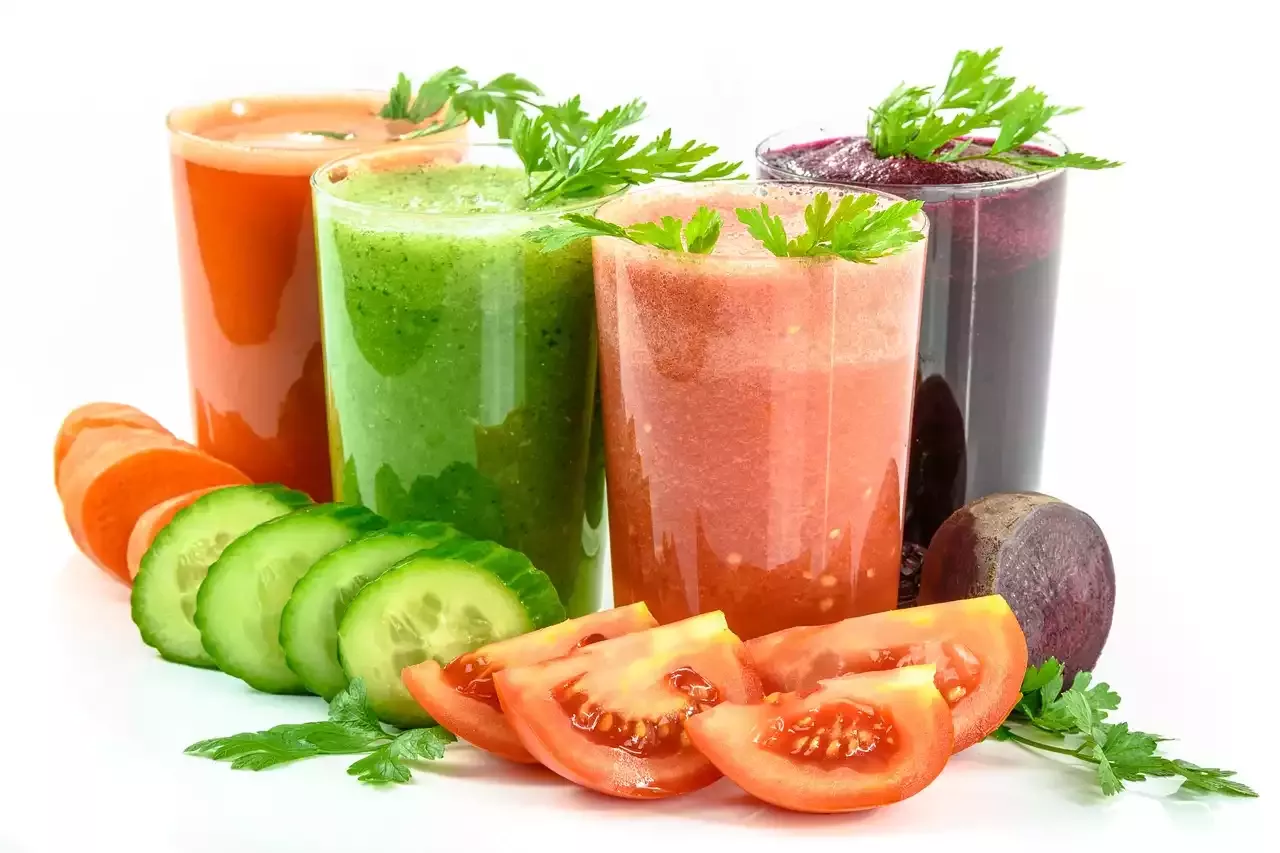Veganism is a diet that has become increasingly popular in recent years, with many people choosing to adopt a plant-based lifestyle for various reasons, including ethical, environmental, and health reasons. While the impact of veganism on physical health has been studied extensively, its effect on mental health is a topic that has received less attention. In this article, we explore the link between veganism and mental health, including the potential benefits and risks of a vegan diet for mental health.
The Relationship Between Veganism and Mental Health
The food we eat affects our physical and mental health in many ways. The nutrients in our diet play a crucial role in brain function and mood regulation. Research suggests that a diet that is high in fruits, vegetables, and whole grains, and low in processed foods and animal products, may have a positive impact on mental health. Veganism is a diet that eliminates all animal products, including meat, dairy, eggs, and honey.
While there are many health benefits associated with a vegan diet, some experts are concerned that it may lead to nutrient deficiencies that can impact mental health. For example, deficiencies in vitamin B12, omega-3 fatty acids, and iron, which are commonly found in animal products, have been linked to an increased risk of depression and anxiety.
Veganism and Depression
Depression is a mood disorder that affects millions of people worldwide. Studies have found that a vegan diet may have a positive impact on depression symptoms. A 2017 study published in the Journal of Affective Disorders found that vegan diets were associated with a reduction in depression symptoms compared to omnivorous diets.
It is unclear why a vegan diet may have a positive impact on depression, but researchers suggest that it may be due to the anti-inflammatory properties of plant-based foods, which can reduce inflammation in the brain and improve mood.
Veganism and Anxiety
Anxiety is a common mental health condition that can cause feelings of fear, nervousness, and worry. Research has also found that a vegan diet may have a positive impact on anxiety symptoms. A 2018 study published in Nutritional Neuroscience found that participants who followed a vegan diet had lower anxiety scores than those who followed a diet that included animal products.
Again, the reasons behind this link are not entirely clear. However, it is believed that the high levels of antioxidants and anti-inflammatory compounds found in plant-based foods may help reduce anxiety symptoms.
Veganism and Eating Disorders
Eating disorders are serious mental health conditions that can be life-threatening. While veganism can be a healthy way to eat, it can also be a way to mask disordered eating behaviors. A study published in the Journal of Eating Disorders found that people with a history of disordered eating were more likely to adopt a vegan diet as a way to restrict their food intake.
It is important to note that veganism can be practiced in a healthy way for those with or without a history of eating disorders. However, it is essential to approach a vegan diet with caution and ensure that you are meeting your nutritional needs.
Tips for a Healthy Vegan Diet
If you are considering adopting a vegan diet, it is important to ensure that you are getting all the nutrients you need to maintain good physical and mental health. Here are some tips for practicing a healthy vegan diet:
Ensure adequate nutrient intake: It is essential to make sure you are getting enough of all the essential nutrients that may be lacking in a vegan diet. This includes vitamin B12, iron, omega-3 fatty acids, calcium, and protein. You may need to take supplements or eat fortified foods to meet your needs.
Sources of essential nutrients for vegans: Vitamin B12 is found in fortified cereals, plant-based milks, and nutritional yeast. Iron can be found in leafy greens, beans, and fortified cereals. Omega-3 fatty acids are found in flaxseed, chia seeds, and walnuts. Calcium can be found in leafy greens, fortified plant-based milks, and tofu. Protein can be found in beans, lentils, tofu, and seitan.
Incorporate a variety of plant-based foods: To ensure that you are getting all the essential nutrients, it is important to eat a variety of plant-based foods. Incorporate a variety of fruits, vegetables, whole grains, beans, and legumes into your diet.
Addressing common concerns about veganism and mental health: If you are concerned about the impact of a vegan diet on your mental health, it is important to speak with a healthcare professional. They can provide advice on how to maintain a balanced vegan diet that meets your nutritional needs.
Conclusion
In conclusion, veganism is a diet that has many health benefits and can have a positive impact on mental health. While some experts are concerned about nutrient deficiencies associated with a vegan diet, it is possible to meet all your nutritional needs with careful planning. If you are concerned about the impact of a vegan diet on your mental health, it is important to speak with a healthcare professional. They can provide advice on how to maintain a balanced vegan diet that meets your nutritional needs. Overall, adopting a vegan diet can be a healthy and ethical way to eat while promoting good mental health.





